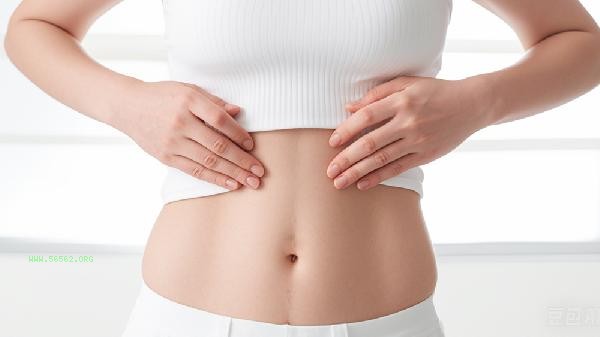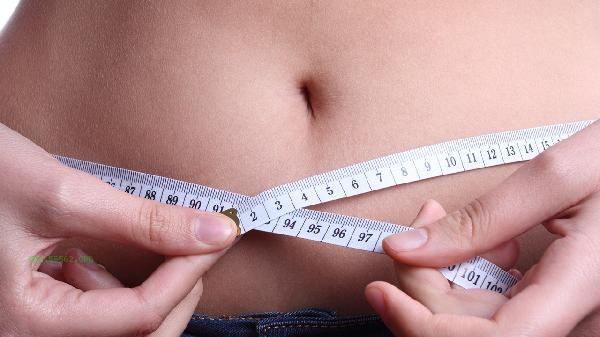During the period of weight loss, it is not necessary to strictly control the diet during menstruation, but attention should be paid to nutritional balance and calorie control. The main influencing factors include hormone fluctuations, metabolic changes, iron demand, emotional management, and exercise adjustment.

1. Hormonal fluctuations:
During menstruation, the levels of estrogen and progesterone decrease, and the body's demand for carbohydrates increases. At this time, it is advisable to increase the intake of high-quality carbohydrates such as whole grains and potatoes to avoid refined sugar. The basal metabolic rate during the luteal phase will increase by 5% -10%, and reasonable utilization of this stage can help with fat burning.
2. Metabolic changes:
During the first three days of menstruation, the basal body temperature increases, and an additional 100-300 calories are consumed daily. It is recommended to maintain a daily intake of 1600-1800 calories and prioritize high protein foods such as eggs and fish, which can satisfy satiety and avoid overeating.
3. Iron Requirement:

Menstrual bleeding can lead to iron loss, and iron deficiency can easily trigger a tendency towards overeating. 20mg of iron should be supplemented daily. The absorption rate of animal liver and blood products is high, and plant-based foods can be combined with vitamin C to promote absorption. Avoid consuming beverages such as coffee and tea that affect iron absorption simultaneously.
4. Emotional management:
Decreased serotonin levels during menstruation can easily trigger emotional eating. You can prepare small portions of healthy snacks such as nuts and dark chocolate, and use the "15 minute delay method" to deal with cracks. Mindfulness diet training can help distinguish between physiological hunger and emotional hunger.
5. Exercise adjustment:
It is recommended to switch to low-intensity exercises such as yoga and walking in the first three days of menstruation, and resume regular training in the last four days. Supplementing protein and complex carbohydrates after exercise can not only repair muscles but also avoid overeating caused by excessive hunger.

Menstrual weight loss should focus on nutrient density rather than simply calorie restriction. It is recommended to consume sufficient amounts of dark vegetables, high-quality protein, and healthy fats daily. The three days after menstruation are the golden period for weight loss, and it is advisable to strengthen exercise appropriately. In the long run, establishing a flexible diet plan that is synchronized with the menstrual cycle is more in line with women's physiological characteristics than mechanically executing a fixed diet. Recording the correlation data between menstrual cycle, diet, and weight can help develop personalized plans. If there is severe edema or a tendency to overeat, it is necessary to consult a nutritionist in a timely manner to adjust the plan.




Comments (0)
Leave a Comment
No comments yet
Be the first to share your thoughts!